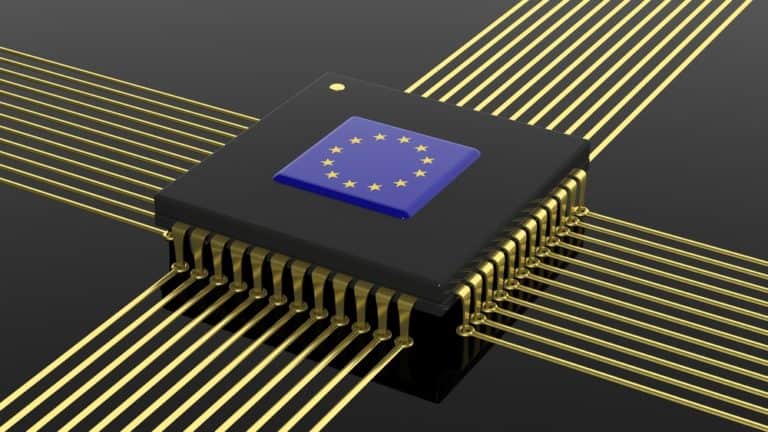Members of the European Parliament warned that the funding required to fuel Europe’s chips race may limit research initiatives in other industries throughout the European Union.
The European Union is trying to raise the necessary public investment to compete with the world’s leading chip makers, including Taiwan, South Korea and the United States.
With the European Chips Act, one of the EU’s most ambitious industrial initiatives to date, Europe aims to capture 20 percent of the worldwide market share in microchips by 2030.
However, a key component of its budget is under scrutiny this week, with Members of the European Parliament (MEPs) and government officials arguing over how to fund the new push. This development has the potential to derail the entire scheme.
Europe’s ambition has a price
Most of Europe’s overall investment in the semiconductor sector will be made possible by attracting private investments through subsidies from governments.
The EU’s intended €43 billion framework includes an €11 billion promise to fund research applications. €3.3 billion of the funding is supposed to come from a European budget.
Half of the €3.3 billion would go to European research and development program Horizon Europe, while the other half is budgeted for Digital Europe.
A source of contention
Some MEPs are outraged, claiming that the EU’s chip ambitions are depleting financing for other initiatives. The fact that the budget is pulling money from elsewhere is “unfortunate,” MEP Karlo Ressler said.
The budget of the Chips Act may negatively affect individual EU member states. According to one EU ambassador, several governments are concerned that other research initiatives will suffer as a result of the chip rush.
Lastly, the final destination of the funding is causing unrest. Chipmakers are locating their projects in larger EU countries such as Germany and France, which can provide the necessary governmental backing to make the new investments a reality. Meanwhile, EU governments with less funding are left out.
